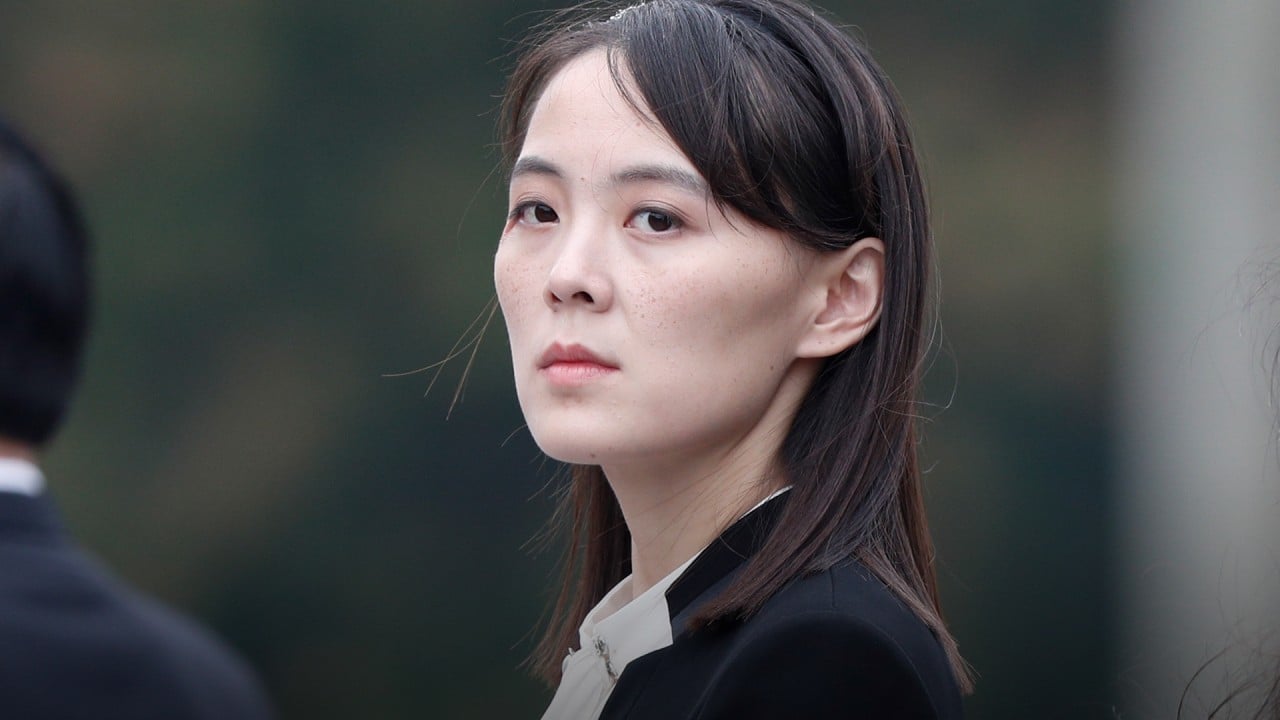
China urges Koreas to get along, as North warns of ‘crisis’ over US-South Korea military drills
- China’s ambassador to Seoul, Xing Haiming, said inter-Korean relations should be improved as the two sides ‘are of the same people’
- His remarks came after a top North Korean official again resorted to sabre-rattling over US-South Korea military drills

At a separate congratulatory speech at the forum, Xing said China would continue its “constructive roles” to help ensure peace on the Korean peninsula, adding that Beijing supported Seoul’s efforts to improve ties with Pyongyang.
“Together with South Korea, we will continue pursuing denuclearisation … and enduring peace on the Korean peninsula”, he said.
He repeated Beijing’s proposal for “parallel progress on two tracks”, under which the denuclearisation of the North should be realised in phases alongside progress being made in talks between Washington and Pyongyang.
Xing’s immediate predecessor, Qiu Guohong, said at the same forum that China, unlike the US, would not compel the South to pick sides amid intensifying rivalry between the two superpowers.
Qiu said both China and South Korea should make sure that their relations with the US do not threaten bilateral ties.
China, like in the past, will not demand the South pick sides between China and the US
“We don’t believe South Korea will easily take sides in the face of the complicated strategic rivalry between China and the US. Rather, it will make decisions on its own that are most beneficial to its own national interests”, Qiu said.
He said South Korea was in an “awkward position”, and predicted that Washington would urge Seoul to join in with its China “containment” efforts.
“China, like in the past, will not demand the South pick sides between China and the US. Neither will it obstruct the normal development of US-South Korea ties. South Korean friends may rest assured”, he said.
The South must be made to “clearly understand how dearly they have to pay” for choosing their alliance with Washington over peace between the Koreas, he said in the statement carried by state news agency KCNA.
“We will make them realise by the minute what a dangerous choice they made and what a serious security crisis they will face because of their wrong choice,” he said.

02:19
Kim Jong-un’s sister warns US not to ‘cause a stink’ with North Korea
North Korea has also said it is open to diplomacy, but that the US and South Korea have clung to hostile policies, such as continuing to hold regular military drills.
Pyongyang may be using sharp rhetoric to boost its leverage in future talks, wring concessions from South Korea, or distract from domestic economic crises, according to analysts.
“The Kim regime is shifting blame for its struggles to restart the economy after a long, self-imposed pandemic lockdown,” said Leif-Eric Easley, a professor of international studies at Ewha University in Seoul.
“Pyongyang is also trying to pressure South Korean presidential candidates to express differences with US policy on sanctions and denuclearisation.”
Professor Kim Dong-yub at Kyungnam University in Seoul said Pyongyang is likely to stop short of conducting provocative military actions such as new missile tests.
However, he said the regime may dismiss government agents tasked with exchanges with the South and shred an agreement signed with Seoul on lowering military tensions.
Additional reporting by Reuters

